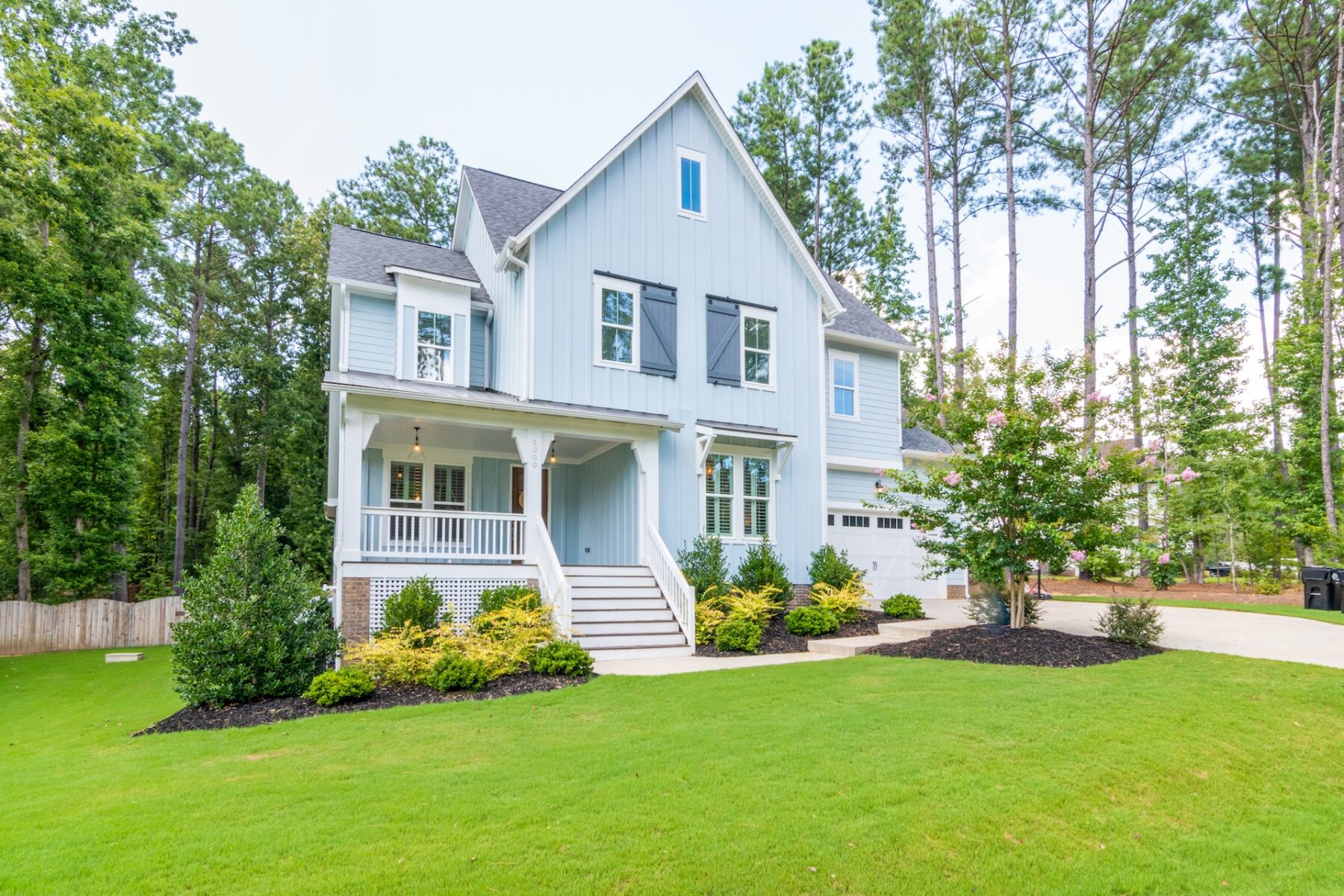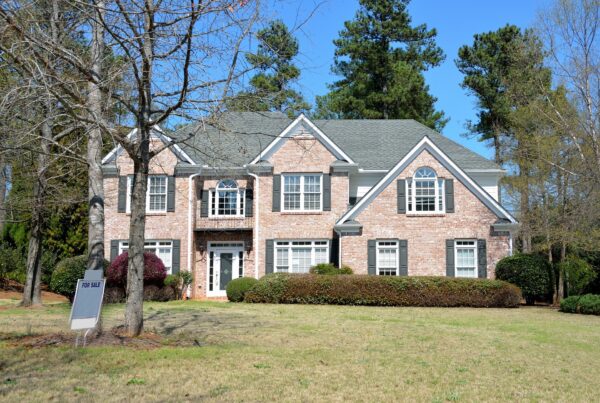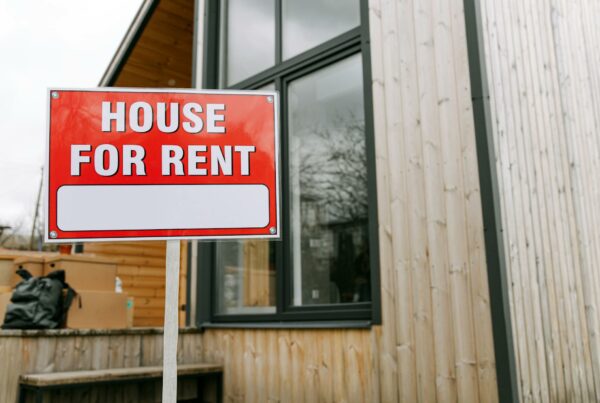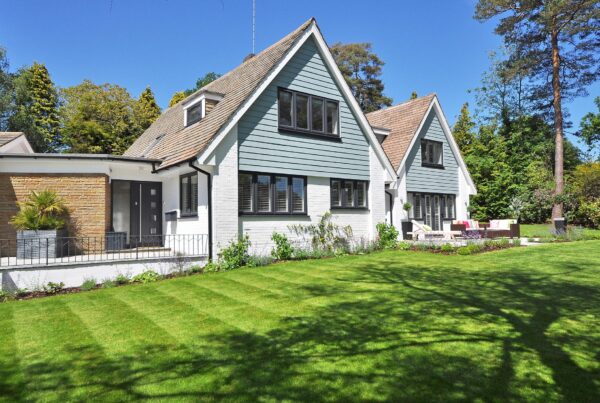Last Updated on September 18, 2023
For homeowners looking to move, there are limited options available to you. With so much money wrapped up in your property, you really only have two choices: sell up and buy another home to live in, or rent out your old home and relocate, either to a rented or purchased property.
As house prices continue to drop, now might not be the best time to sell a home, but this can put you in a difficult position if you’re stuck with a property you don’t want to live in. Whether you inherited a family property or you’re looking to move away from your previous home, you could find yourself struggling to offload your property in today’s housing market.
For some individuals who are enterprising and want to make the most of their properties, renting it out could be a great solution. While there are lots of factors to consider when thinking about becoming a landlord, it can be a lucrative endeavour.
Many landlords feel their position is a privilege because, despite increasing regulations and rising costs, they are still able to earn a significant income and retain ownership of their property.
If you’re considering turning your home into a rental property, then there’s a lot that needs to be done and that you need to consider before you can get tenants in, as we outline in this guide.
Landlords Have A Lot Of Responsibilities
Before you commit to becoming a landlord, you need to understand what you are responsible for and what costs are connected with renting out your old home. Landlords have a duty to cover all repairs needed on a property that is a result of wear and tear, as well as maintaining vital systems such as heating and electricity and ensuring health and safety for all tenants. The responsibilities of your tenants will depend on the wording of your contract, but most private tenants pay for their own utility bills and any damage that they cause to the property during their tenancy.
Finding Tenants Requires Time And Commitment
The tenants you welcome into your home will be the difference between a successful and profitable endeavour and one that quickly becomes stressful. As such, you need to undertake thorough checks before you allow new tenants to rent out your property. To begin with, you need to create a thorough rental application process that includes background checks, credit checks, and references. This helps you find responsible and reliable tenants. Then, advertise your property on a range of platforms, including social media as well as dedicated property sites. Working with an estate agency might help you to advertise your property and get it noticed.
The Right Lease Agreement Can Make All The Difference
The conditions you put into your lease agreement act as your legal protection should your tenants do something wrong or try to damage your property in any way. As such, you need to create a clear and comprehensive lease agreement that outlines the terms and conditions of the rental. This vital document should include rent due dates, security deposit details, maintenance responsibilities, and rules for the property. While there are templates available, it’s best to create your own bespoke one, so that you have everything you need clearly laid out in it before your tenants move in.
Health And Safety Is A Priority
Many of the major regulations around being a landlord are focused on the health and safety of your future tenants and the property they live in. Many documents and checks that you don’t need as a private homeowner are required if you want to let out your property. For example, you will need a landlord electrical safety certificate to prove that your property’s wiring and electrical fixtures are safe and fit for use. Learn about the electrical certificates for landlords that you need in your property and how you can get them, so that you’re compliant with this vital legislation. You should also research other types of health and safety rules and what you need to ensure that your property is fully compliant before it’s rented out.
Interior Design For Rental Homes Requires Planning
When you created your current home’s design, you were focused on your own comfort and style. Now that it’s going to be rented out, you’ll need to change things to ensure that the space is fit for your tenants. The key is to choose neutral colours and hard-wearing fabrics and fittings, so that everything will last and your tenants can put their own stamp on the space with their décor. Also, you should work to ensure that the layout is functional and efficient. Open floor plans are popular as they create a sense of space and flow. Make sure there are clear traffic pathways and that rooms are well-proportioned. By creating the right interior design for your tenants, you can appeal to anyone with a range of tastes and make it easier for them to keep the property clean.
Kerb Appeal Is Crucial
It’s easy to focus on the inside of your home when dressing it for new tenants, but the outside is equally, if not more, important. After all, it’s the first thing anyone is going to see. The exterior appearance of your property sets the first impression, and it can also significantly impact a tenant’s decision to rent your property over another. As such, you should invest in landscaping, including a well-maintained lawn and appealing front entrance. A fresh coat of paint on the exterior can also make a big difference.
Not All Landlords Manage Their Own Properties
The everyday running of your rental property, and tasks like inspecting vital fixtures or answering questions from your tenants can be tedious, especially if you’re only a small landlord and have other responsibilities. If you’re someone who just wants to rent out one property and not become a professional landlord, then you might need some help. It also might be hard to manage your own home if you’ve moved away and can’t travel back frequently. Thankfully, you’re not on your own. You can decide whether you want to manage the property yourself or hire a property management company. A property manager can handle day-to-day tasks, but their services come at a cost. Weigh up whether you’re willing to commit to the time and travel it takes to be a landlord, or if you want to give up some of your profits to seek professional support.
Regulations Are Constantly Changing
Like almost any market, the rental property industry and its regulations can change over time. Stay informed through landlord associations, seminars, or online resources to keep your knowledge up-to-date. Reading dry blog posts and attending virtual seminars can be boring, especially if you also have another job as well as being a landlord, so you could consider alternative ways to stay informed. Recently, more and more landlords have become influencers on social media, where they share tips and insight into new regulations in a fun and engaging way, so it could be worth following a few of your favourite property-themed content creators.
To Conclude: Becoming A Landlord Is No Easy Undertaking
While converting your family home into a rental property can provide a steady income stream, it’s also a major step, so it’s crucial to approach it with careful planning and attention to legal and ethical considerations. Consulting with legal and financial professionals, as well as experienced landlords, can also be beneficial when starting this new venture. You’ll then be able to avoid making potentially costly mistakes and ensure that you get off to a great start in your new role as landlord.





